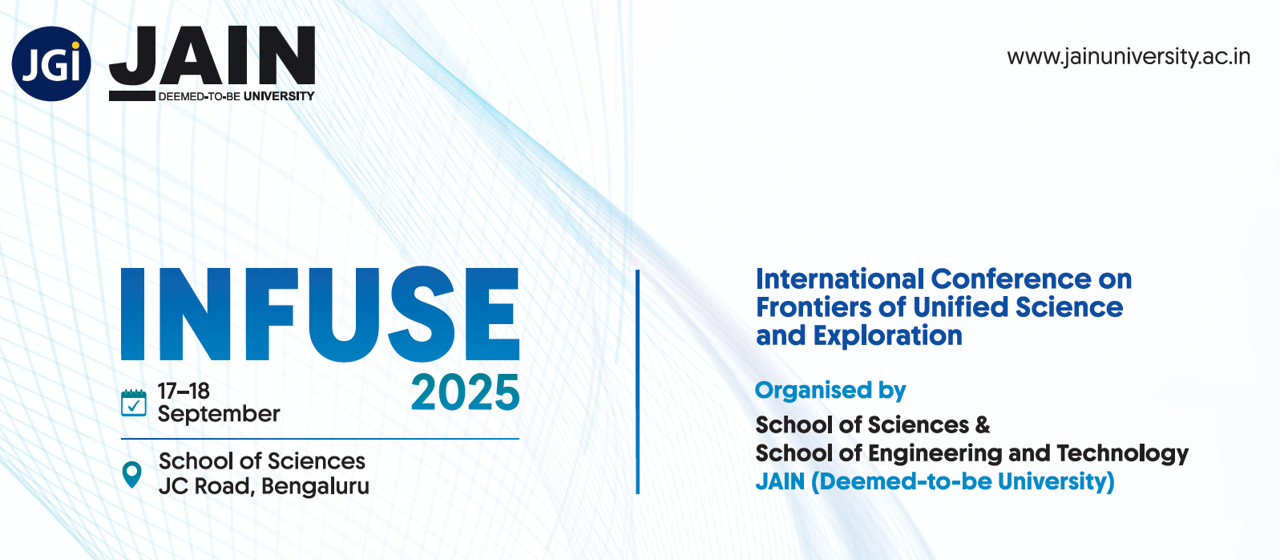Speakers
Description
Plant diseases are one of the greatest threats to food security across the world, particularly with regard to staple foods, such as tomatoes. Rapid and accurate identification of diseases is very important in curbing yield losses and maintaining sustainable agriculture. In this paper, we consider how we can use deep learning methods to identify tomato leaf diseases using the publicly available PlantVillage dataset. We trained, designed and assessed three architectures of Convolutional Neural Network (CNN), MobileNet and ResNet to differentiate between diseased and healthy tomato leaves. Qualitative comparison that took place was done to gauge the performance of the models against each other in terms of the level of accuracy and the capacity to generalise. The outcomes reveal that even though CNN and MobileNet are effective, ResNet would be more reliable in real life scenarios due to its greater accuracy. This research highlights the opportunities of the ResNet-related models to enter the precision agriculture domain, in which the farmers could receive the automated, accurate, and scalable diagnostic tools. Moreover, mobile or peripheral devices could be integrated with such models so as to offer diagnosis on-site, eliminating the expense of performing the diagnosis in a lab. The method also presents the prospects of live disease surveillance where the farmers are able to prevent or take corrective measures on the spot. With a long run view, such smart systems may be crucial in enhancing crop resilience, reducing pesticide, and achieving sustainable food production.
Keywords: Deep Learning, Tomato Leaf Disease Detection, Convolutional Neural Networks (CNN), ResNet, Precision Agriculture

